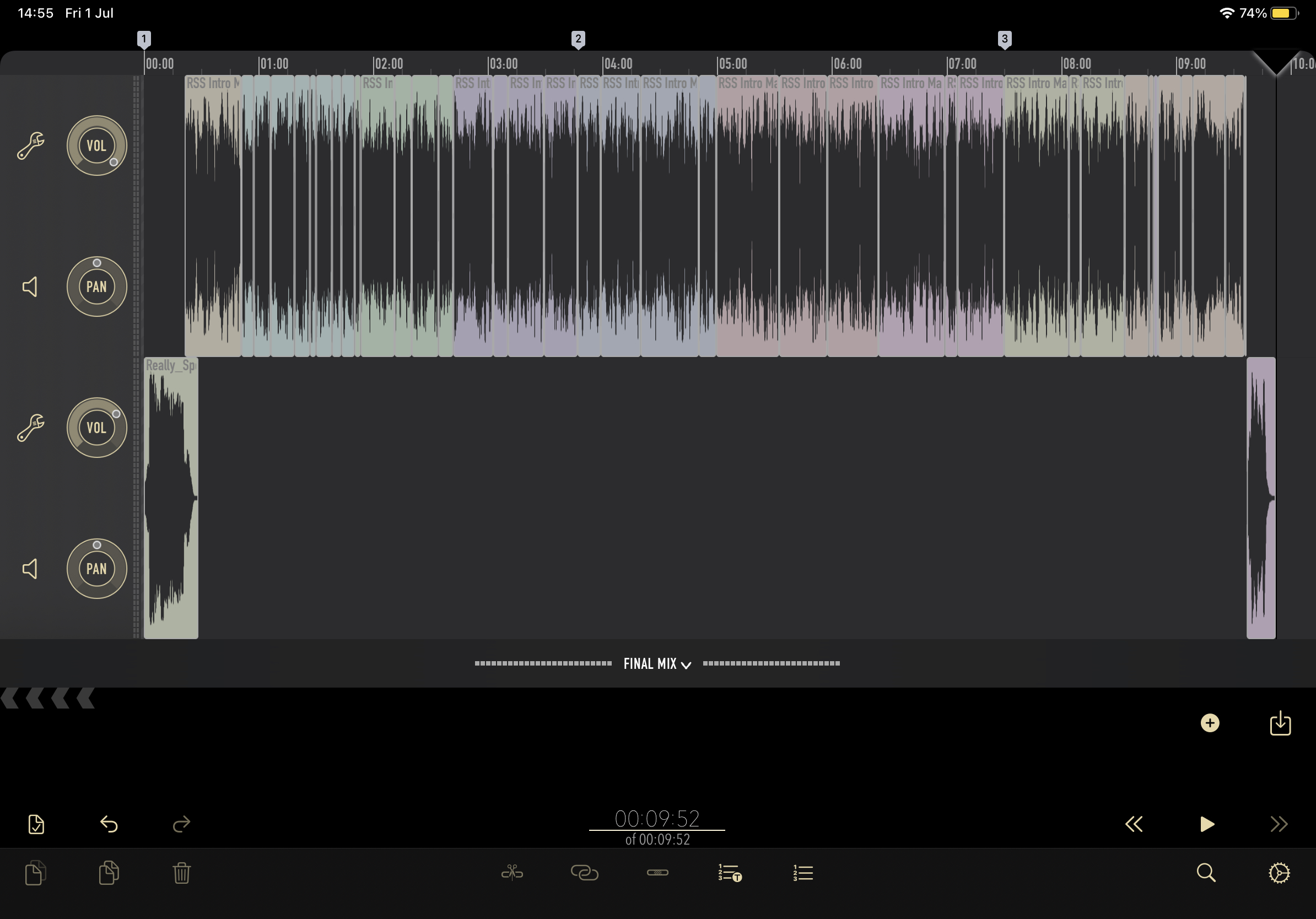
 Really Specific Stories
Really Specific Stories Introducing Really Specific Stories
Jul 4, 2022
Host Martin Feld discusses the background and purpose of Really Specific Stories, focusing on the tech-podcasting community. He explains the importance of RSS technology in the industry and explores the significance of tech podcasting as a form of creative resistance. The podcast also delves into the publishing process, narrative epiphanies, and presents a case study of Hemispheric Views.
Chapters
Transcript
Episode notes

